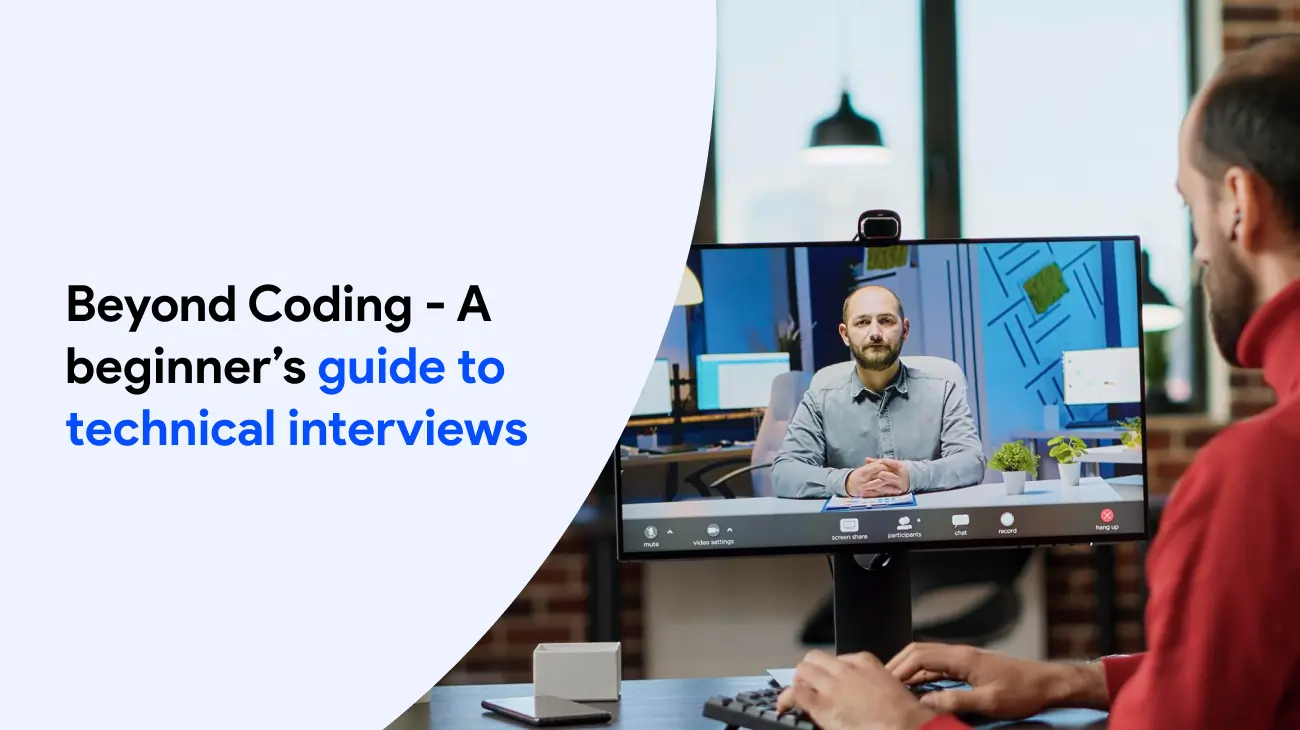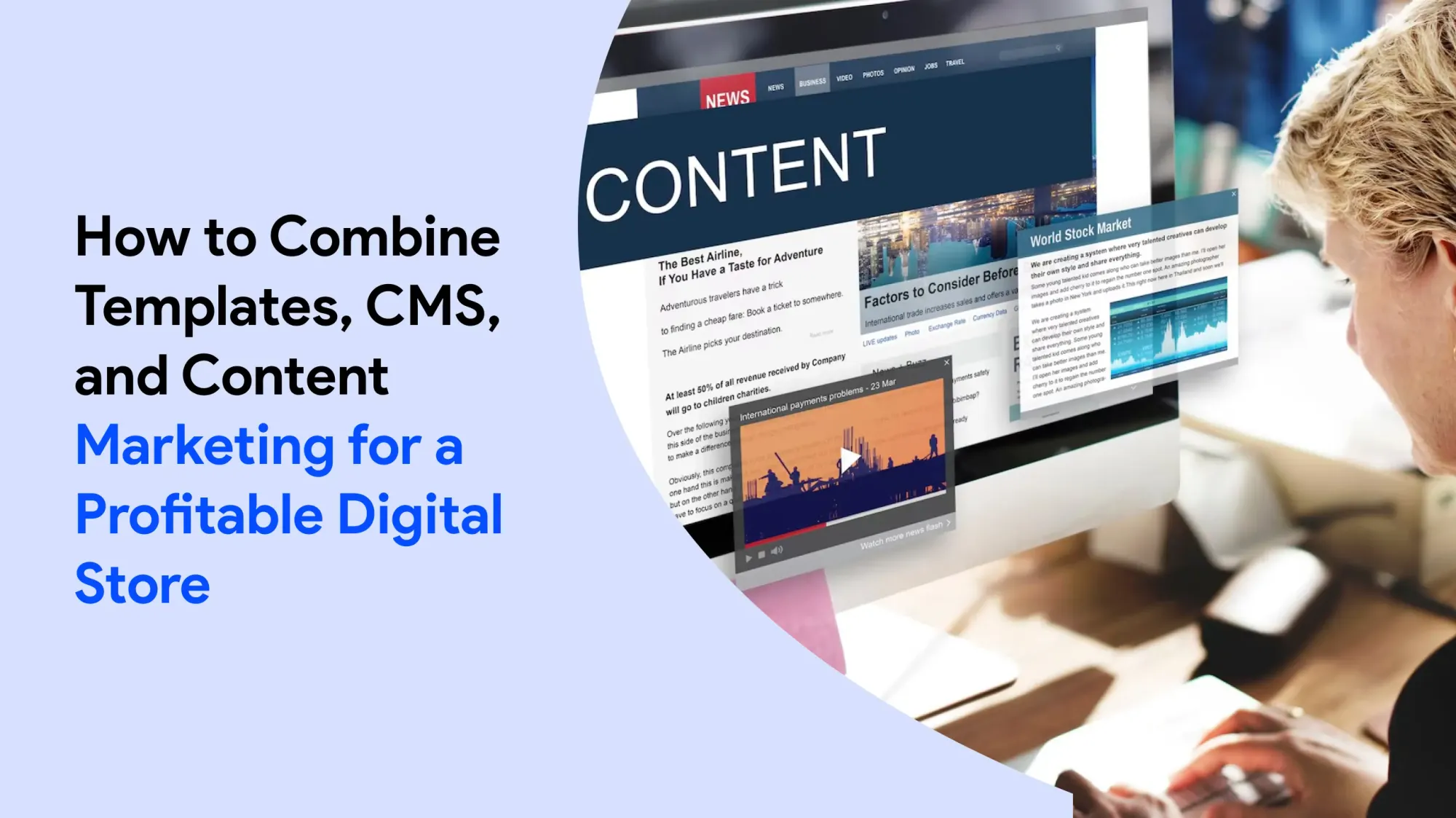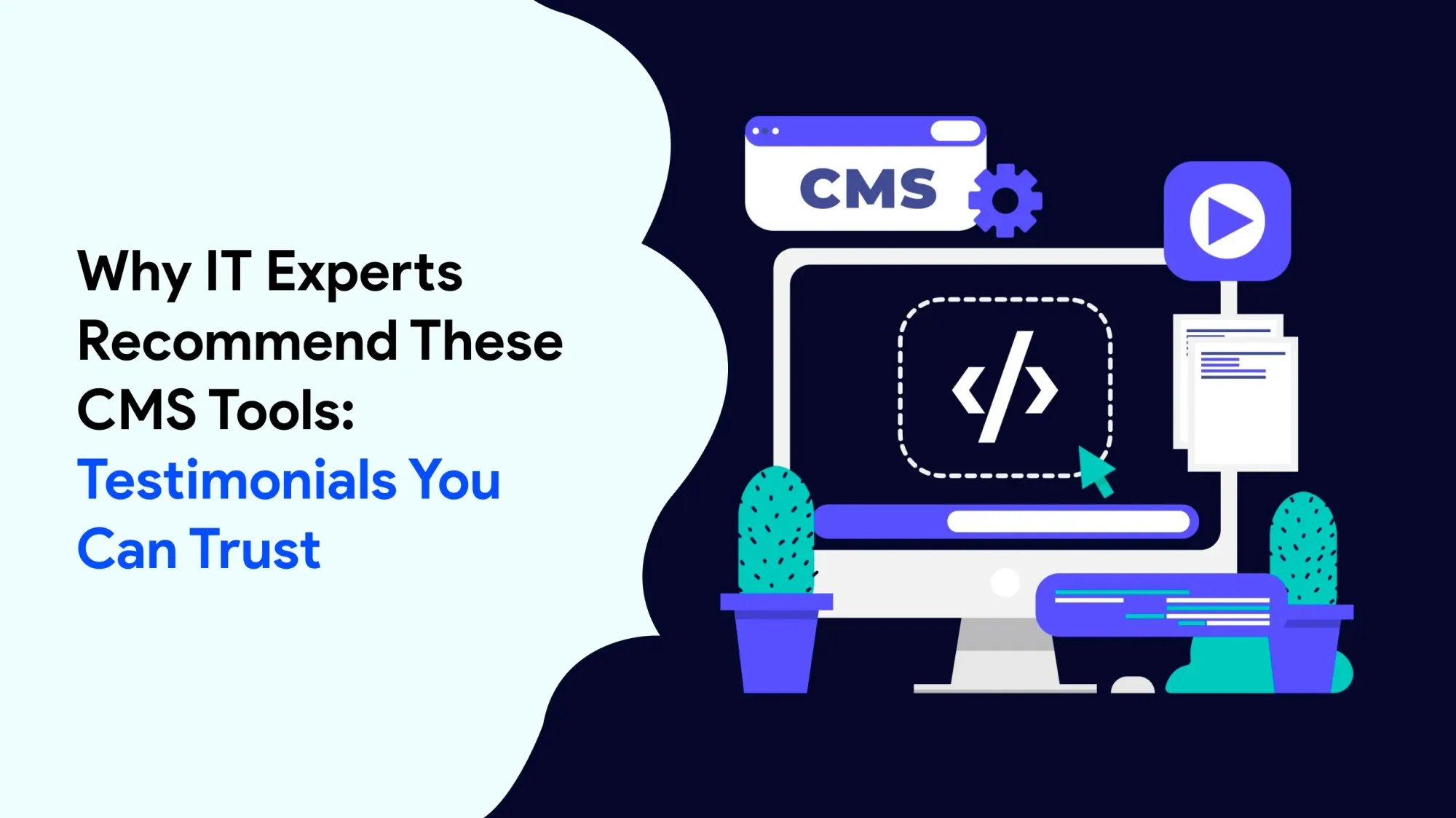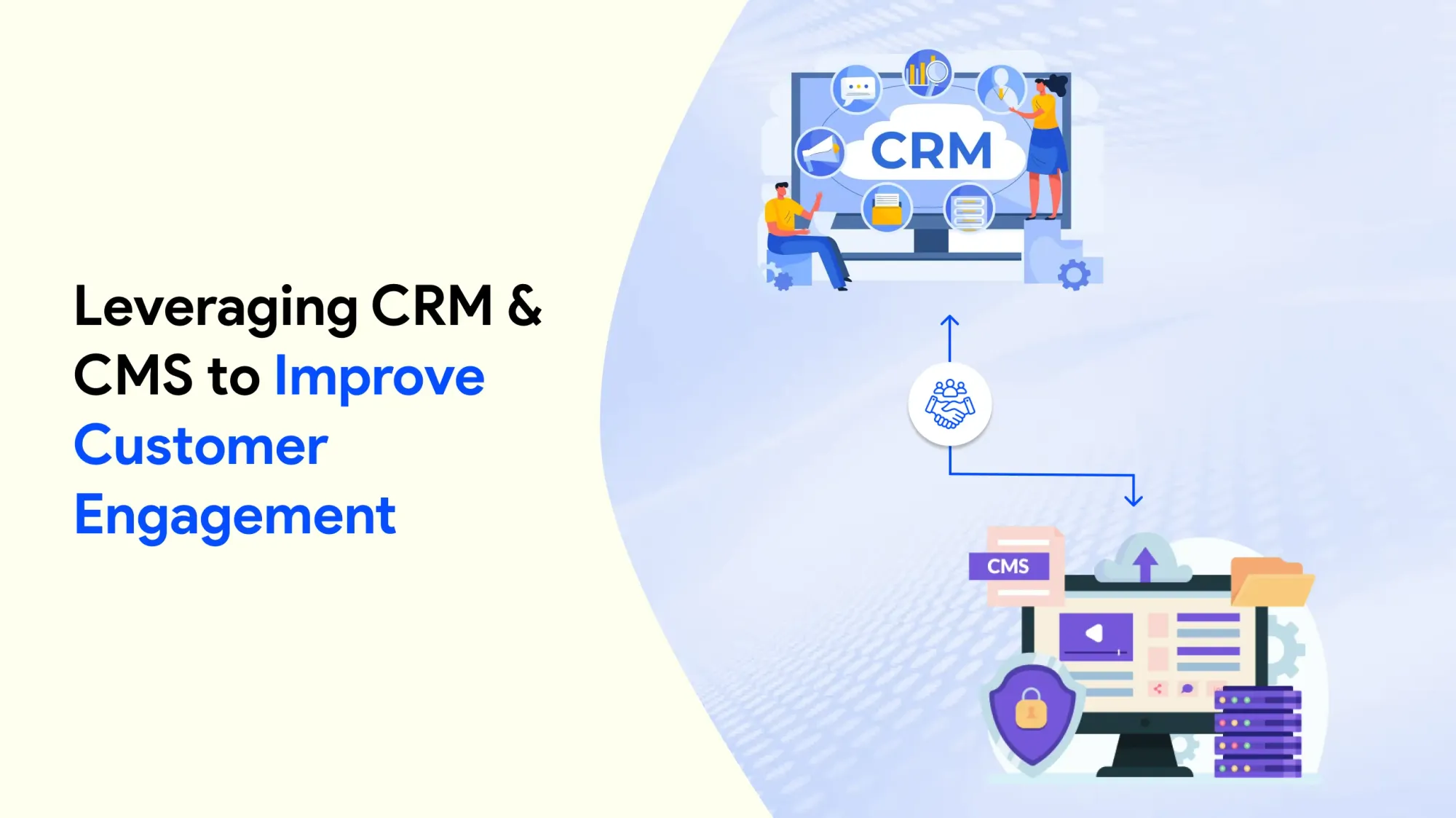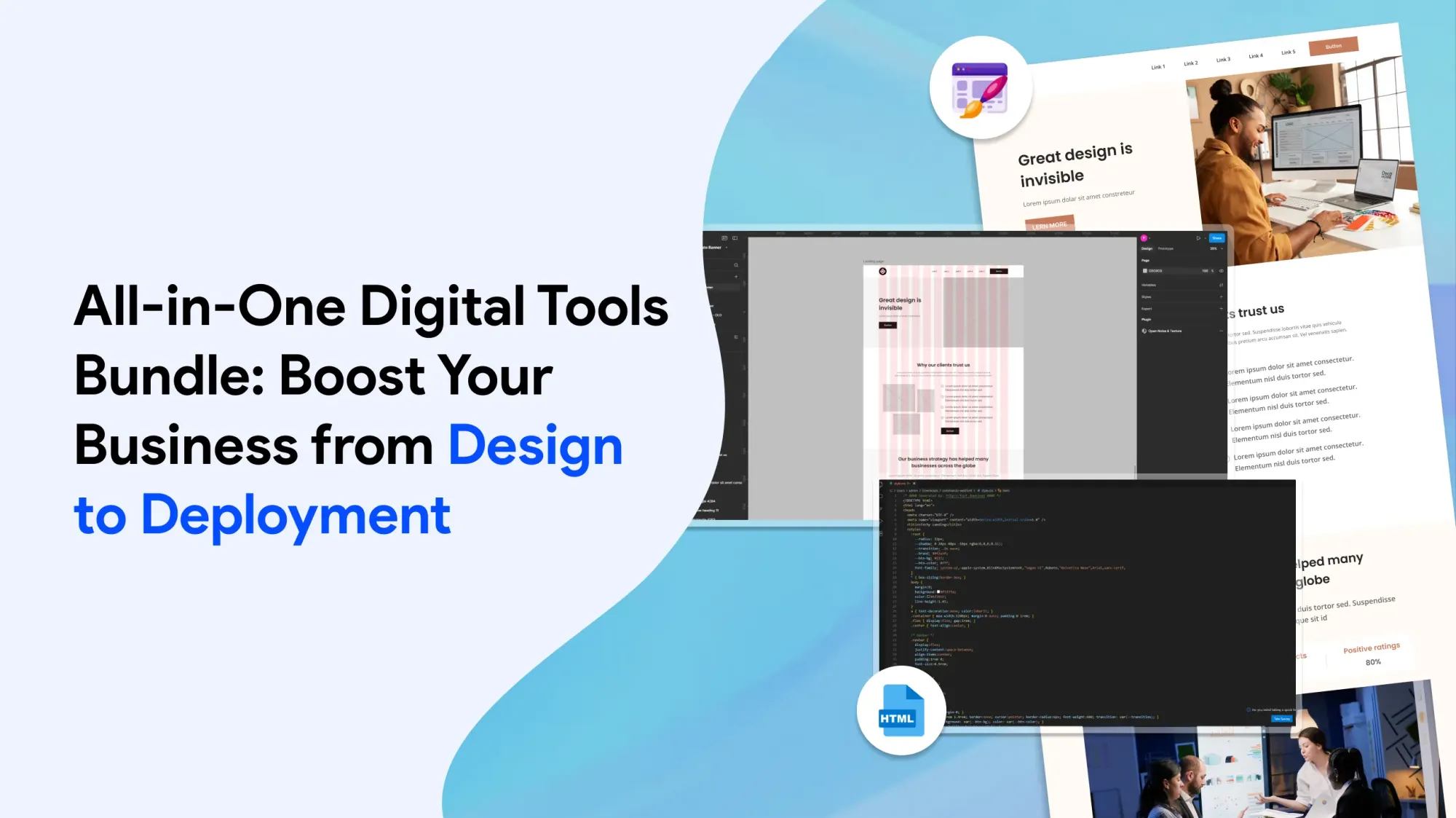Breaking into technology is more than just writing code. Technical interviews analyze your problem-solving abilities, communication skills, and knowledge of computer science foundations. Whether you're a recent graduate or a career changer, understanding the technical interview process is critical. This beginner's guide will bring you through the necessary skills, methods, and resources to help you achieve confidently.
Technical interview questions
Technical interviews frequently involve questions about code, algorithms, system design, and real-world problem solving. These questions assess your analytical thinking, coding ability, and technical communication. Preparing in preparation and practicing regularly asked questions will help you gain confidence and respond clearly under pressure during interviews.
Coding interview preparation
Begin with a solid foundation in a programming language such as Python, Java, or C++. Solve puzzles using platforms such as LeetCode and HackerRank. Concentrate on comprehending logic, reducing time complexity, and creating clean, bug-free code. Consistent practice is essential for getting interview-ready.
Data structures and algorithms
Understand fundamental data structures such as arrays, linked lists, stacks, queues, trees, and graphs. Understand algorithm fundamentals including sorting, searching, recursion, dynamic programming, and greedy algorithms. These are often asked questions, and they serve as the foundation for most tech organizations' coding interviews.
Behavioral interview tips
Behavioral interviews assess your communication, teamwork, and problem-solving strategies. To format your responses, follow the STAR approach (Situation, Task, Action, Result). Be honest and thoughtful, emphasizing how you overcame obstacles, handled critiques, and contributed to team success in previous jobs or projects.
System design interview
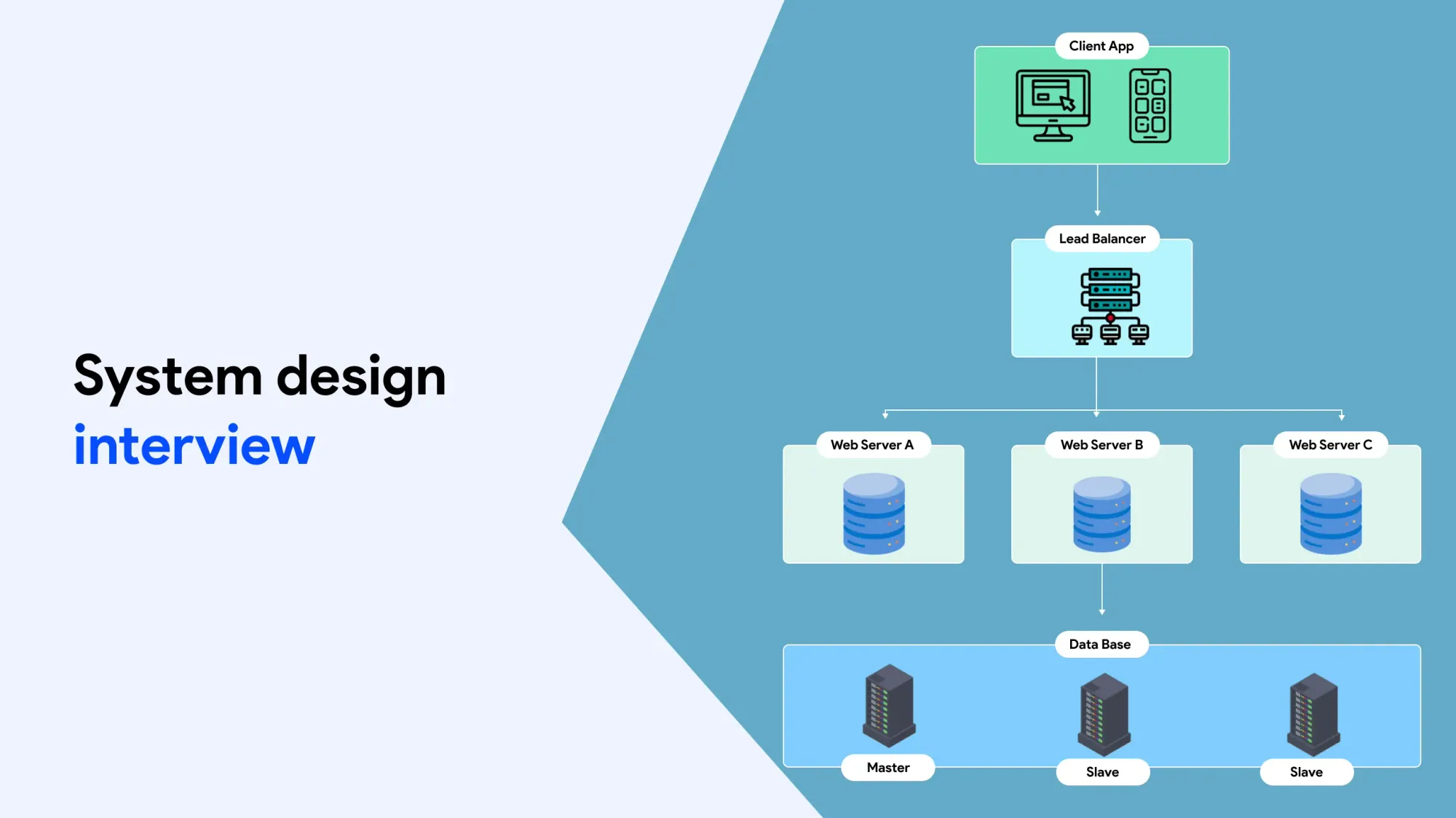
System design interviews assess your abilities to create scalable and dependable systems. Concentrate on understanding databases, APIs, caching, load balancing, and microservices. Begin with high-level design, then delve deeper. Practice common design issues to refine your technical understanding and improve clarity.
Interview preparation roadmap
Begin with fundamental coding skills, then on to algorithms and system design. Include behavioral practice, mock interviews, and resume refinement. Set aside weeks for intensive preparation and track your progress. A defined approach reduces overwhelm and allows for successful coverage of all important interview topics.
FAANG interview process
FAANG businesses (Facebook, Amazon, Apple, Netflix, and Google) go through several rounds, including phone screens, coding challenges, system design, and behavioral interviews. The approach is tough but predictable. Prepare thoroughly with genuine interview questions, mock sessions, and company-specific information to improve your chances of success.
Mock coding interviews
Mock interviews imitate real-life situations and can help alleviate nervousness. Practice with your friends, mentors, or platforms like Pramp and Interviewing.io. Mock sessions improve communication skills, highlight flaws, and boost confidence through realistic problem-solving scenarios and fast feedback.
Technical screening tips
Clarity and efficiency are important when using technical screens. Read the problems thoroughly, ask clarifying questions, and consider aloud. Optimize and test your solution's edge cases. To make an excellent first impression, practice timed evaluations and write clean, legible code.
Problem-solving skills
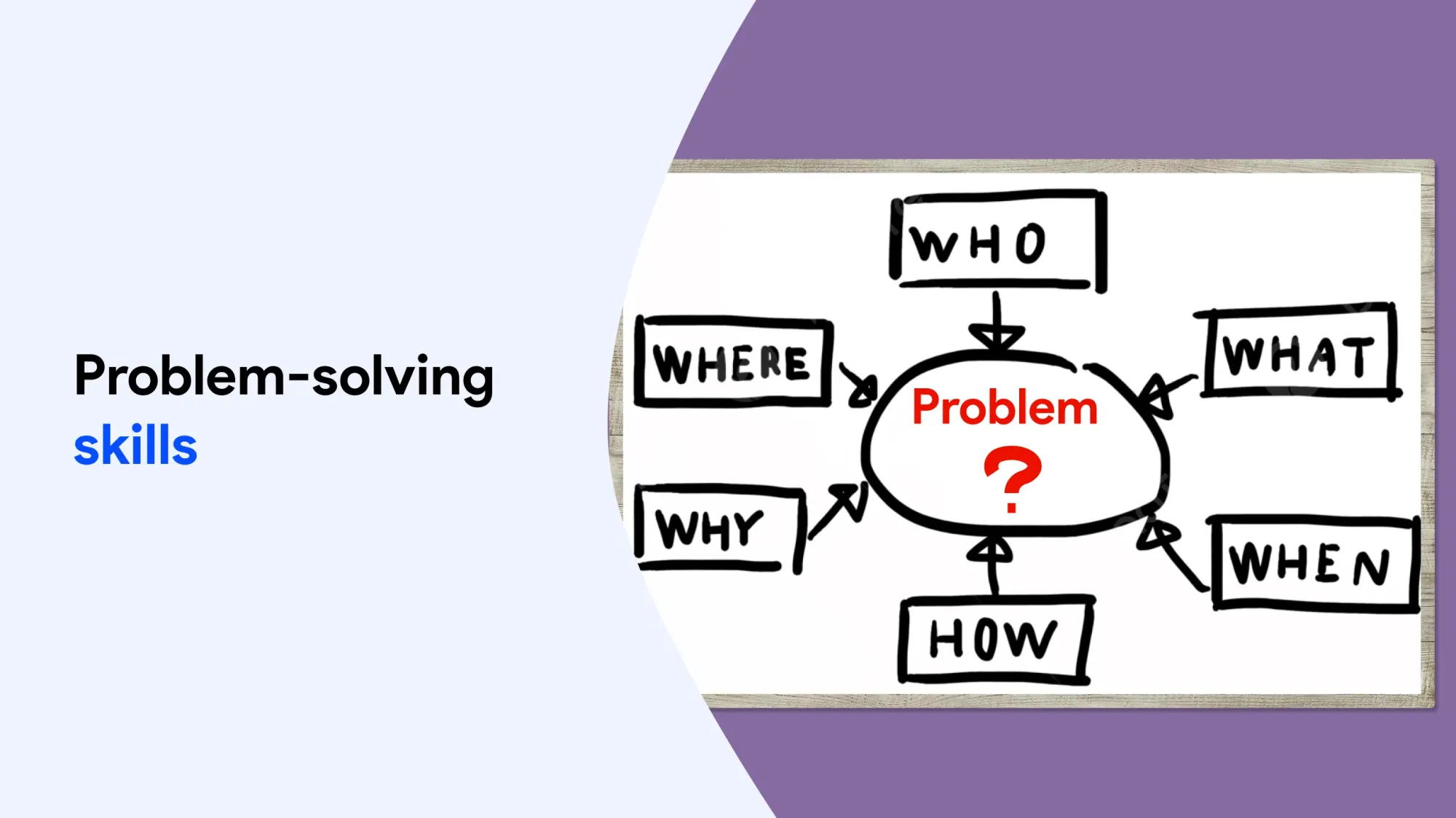
Problem-solving ability is a strong indicator of technical potential. Divide challenges into smaller chunks, find patterns, and create step-by-step solutions. Try logical reasoning, code tracing, and dry runs. During interviews, focus on strengthening your solution approach as well as your explaining skills.
Interview coding platforms
Popular platforms such as LeetCode, HackerRank, CodeSignal, and Codeforces provide a diverse range of interview problems. These websites can help you keep track of your progress, replicate test settings, and enhance your coding speed and accuracy. Regular use promotes consistency and improves technical skill.
Computer science fundamentals
A solid understanding of computer science fundamentals such as operating systems, databases, networking, and object-oriented programming (OOP) increases your technological depth. Interviewers reward applicants who can apply theoretical knowledge to real-world challenges. Books, tutorials, and free online courses similar to CS50 might help you revisit essential topics.
Resume tips for software engineers
Your CV should highlight technical talents, project experience, and measurable accomplishments. Emphasize applicable coursework, certifications, and personal/open-source initiatives. Use action verbs and include links to GitHub or portfolios. Customize your CV for each job role by adding keywords from the job description.
Entry-level tech jobs
Many companies provide internships, graduate opportunities, and junior developer positions. These positions emphasize fundamental skills, a willingness to learn, and passion. Keep your LinkedIn profile up to date, apply broadly, and create a portfolio to stand out. Networking is also important for securing interviews.
Cracking the coding interview
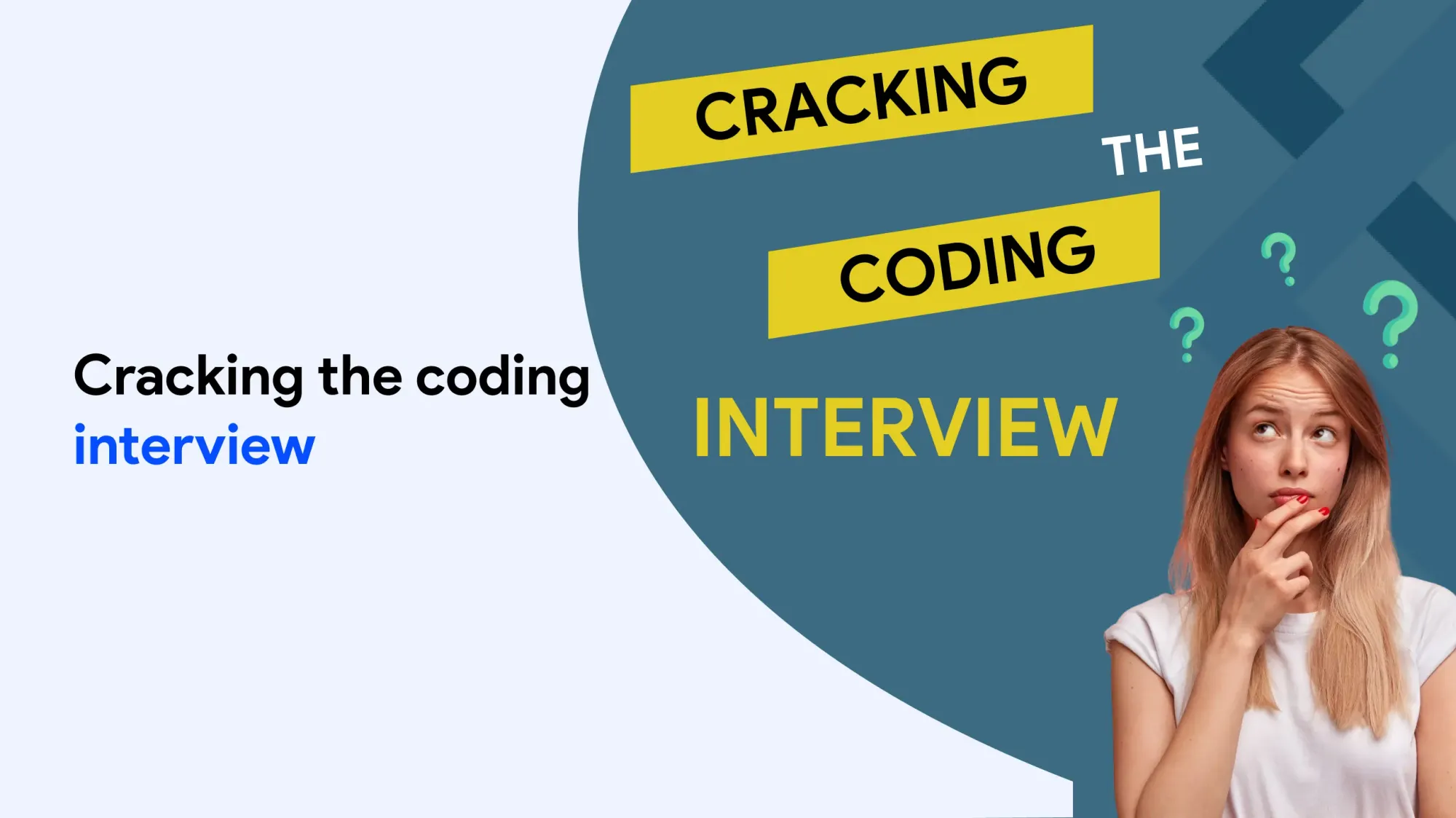
Gayle Laakmann McDowell's "Cracking the Coding Interview" is a popular prep book. It includes essential principles, methodologies, and 189 programming questions with answers. Use it as a structured framework for conducting technical interviews and understanding how top businesses evaluate candidates.
Whiteboard interview tips
In whiteboard interviews, prioritize logic and communication over precise syntax. Explain your thought process clearly, utilize illustrations if needed, and write legibly. These interviews assess conceptual comprehension and cooperation skills rather than code performance.
Interview anxiety management
Nervousness is typical. To alleviate nervousness, prepare properly and practice mindfulness or breathing techniques, as well as mock interviews. Focus on making progress rather than achieving perfection. Confidence grows with preparation and exposure to various interview styles. A quiet mind promotes clarity and decision-making.
Soft skills for tech interviews
Soft skills such as communication, teamwork, and adaptability are equally crucial as coding aptitude. Maintain a cheerful attitude, actively listen, and take ownership of the problem. Strong soft skills enable you to connect with interviewers and manage collaborative problems in technical talks.
Beginner guide to tech jobs
Consider professions such as software developer, QA engineer, DevOps, data analyst, or frontend/backend developer. Understand work needs, master popular technologies, and create real-world projects. Coursera, GitHub, and internships all help to bridge the gap between education and work in the technology industry.

